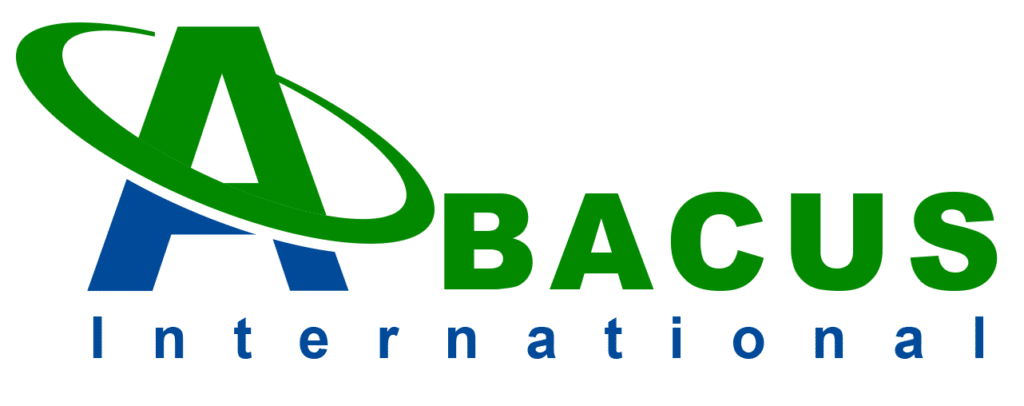NEBOSH (IGC) is a globally recognized qualification for individuals and employers in Occupational health, safety. However, many myths and misconceptions about this certification can confuse candidates and employers about its true value.
This article will clear these common misunderstandings, explaining what the NEBOSH IGC is about and the advantages it offers to individuals and organizations in various industries.
Misconceptions about NEBOSH Qualification
1: NEBOSH IGC course is only for Safety Professionals
One common misconception about NEBOSH is that it’s suitable only for those already working in the health and safety field. However, NEBOSH qualification is suitable for everyone, who want to start career in health and safety. There are no entry requirements for NEBOSH but it is necessary for candidates to have a proficient level of English to understand the concepts in the syllabus.
Read More: Top Health and Safety Course After 10th and 12th
2: NEBOSH IGC is difficult to Pass
No doubt the NEBOSH exam is tough, but with the guidance of certified trainers and NEBOSH approved institutes you can easily get NEBOSH certification in first attempt. According to NEBOSH it is necessary that every leaner must have 65 hours of training and 40 hours of self-study for NEBOSH. For self-study or revision purpose, you can get help from the online sources like YouTube and read past solved paper for better understanding about exam and how to solve it.
Read more: How to Easily Pass NEBOSH IGC Exam
3: NEBOSH is not recognized Internationally
A common myth is that NEBOSH is a UK-based organization, its only recognized in specific regions. Now a days health and safety are a very serious concern in every industry overall the world. The employers highly value the person having this qualification. In addition, recognition of NEBOSH certification in more than 170 countries and 500,000 people getting certified every year shows that it’s a globally recognized qualification.
4: Theoretical Only, No Practical Skills
Another myth is that the NEBOSH qualifications are purely theoretical and no practical application, focusing only on theory. NEBOSH courses include modules on practical Risk Assessments, hazard Identification and case studies to make sure that candidates can apply their knowledge in real-world scenarios.
Read More: Steps for Risk Assessment and Risk Management
5: NEBOSH IGC is Not Relevant to Non-Industrial Sectors
NEBOSH offers qualifications that cover a wide range of industries, including construction, manufacturing, gas and oil, healthcare, public services, education and more. The knowledge and skills gained from NEBOSH qualifications are transferable across various sectors, making them relevant to individuals working in different industries.
6: NEBOSH is Only for Large Companies
Many people believe that NEBOSH course is only relevant for employees of large companies. However, NEBOSH courses are valuable for businesses of all sizes, from multinational companies to small enterprises, as they help make sure a safe working environment and compliance with health and safety standards.
Frequently Asked Questions (FAQs)
1. Who should take the NEBOSH Course?
NEBOSH courses are designed for individuals across various industries and at all levels who need a broad understanding of health and safety issues to manage risks effectively. Additionally, business owners enroll in NEBOSH courses to make sure their companies fulfill health and safety regulations and create safe workplace for everyone.
2. Can NEBOSH IGC lead to further qualifications?
Completing the NEBOSH IGC can open doors to more specialized qualification like the NEBOSH IDIP, OTHM Level 6, ISO 45001 Lead Auditor Course (OHSMS).
Read more: What’s Next After NEBOSH IGC
3. What are the job possibilities after NEBOSH?
NEBOSH qualifications are highly regarded by employers worldwide and can opening doors to new job opportunities and promotions. Typical roles for NEBOSH certificate holders include health and safety officers, advisors, managers, or coordinators in various industries, including manufacturing, oil and gas, construction, and healthcare.


